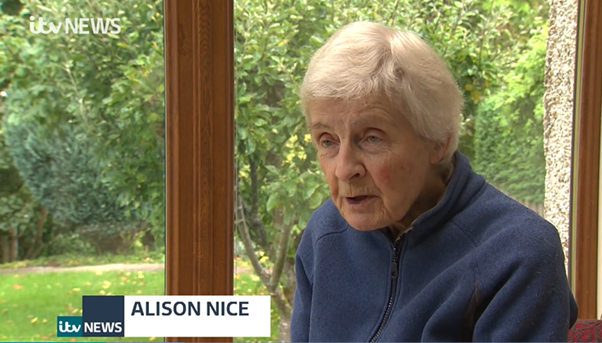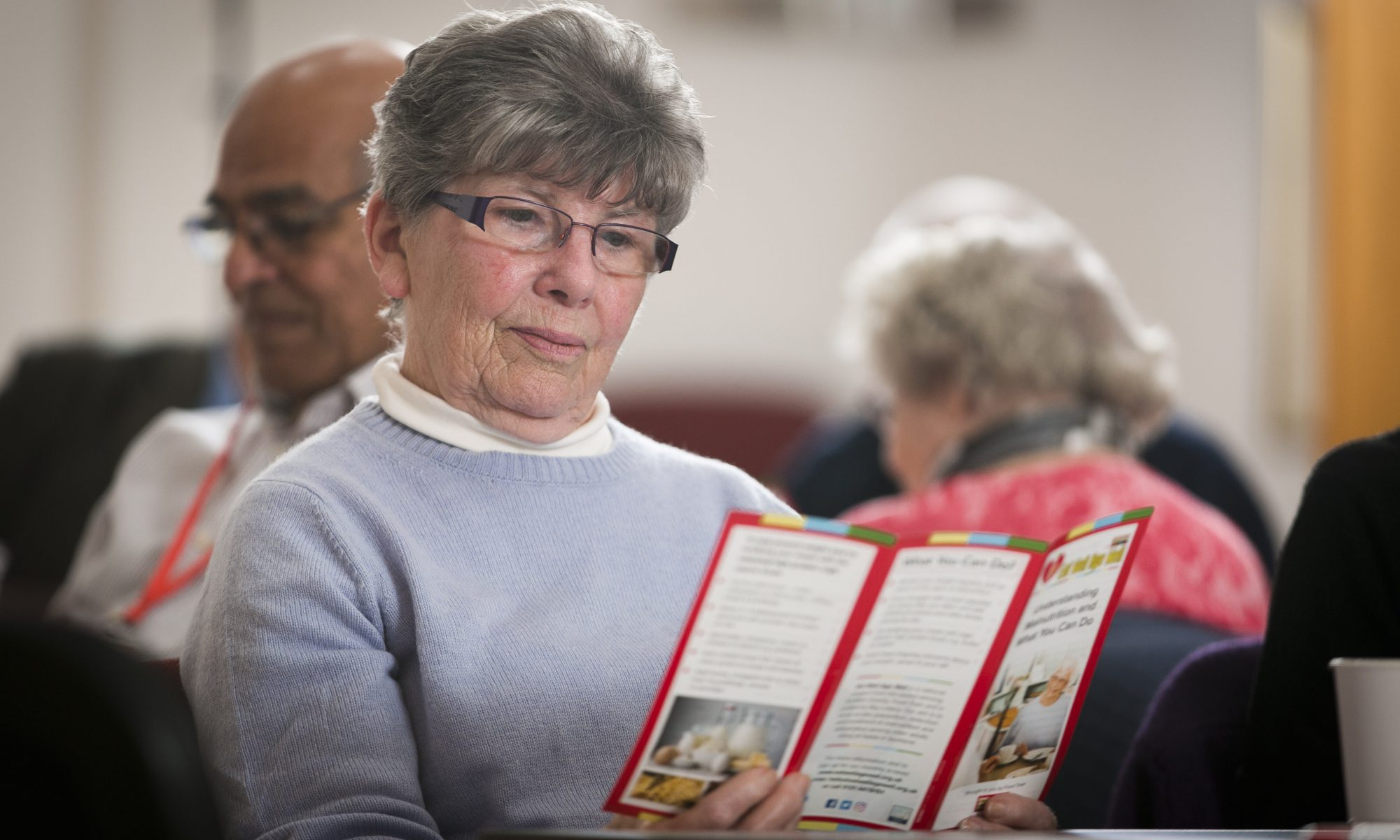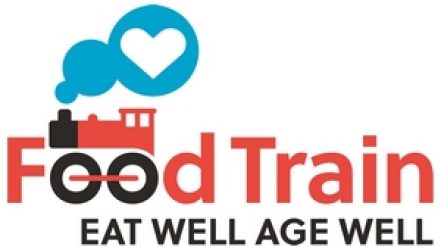
We are thrilled to launch our pioneering project in the Scottish Borders which has brought health, social care, community and voluntary and housing teams join forces to increase screening and identify older people at risk of malnutrition sooner.
Scottish Borders Council and NHS Borders are among those working with Eat Well Age Well to increase conversations about nutrition and weight loss through the use of the Patients Association Nutrition Checklist.
As the first alliance of its kind in Scotland, it is a lead that we hope authorities across the country will follow – improving the health and wellbeing of older people and easing the strain that the consequences of undernourishment place on health and social care services.
Find out more by watching our feature on ITV Borders News
Laura Cairns, Food Train’s Eat Well Age Well Project Manager, said: “We have long said that malnutrition among Older People is under-recognised and under-reported. Increased screening action and early identification of malnutrition in the Scottish Borders will help address that and create an example that we hope can be rolled out across Scotland.
“By giving health, social care staff and volunteers the knowledge to spot the signs of malnutrition and more generally asking older people some simple yet key questions, we will make a difference.
“We have real concerns that the social isolation brought about for Older People by Covid-19 that the prevalence of malnutrition is increasing, making the timing of this work crucial.”
Such is its significance of the Borders project that The National Institute of Health Research (NIHR) is funding an evaluation into its impact on the health and wellbeing of Older People, staff and services.
Councillor Elaine Thornton-Nicol, Scottish Borders Council’s Older People’s Champion, said: “This is vital work that will help improve the lives of Older People. Malnutrition is a serious health risk and I am pleased that we are leading the way with this programme, which is about encouraging and using preventative measures rather than relying on rapid responses when people become ill.

“By identifying those who are at risk of malnutrition sooner, we can better support and signpost our Older People and their families towards proper help so that we can return them to health.”
The screening checks involve asking an older person four questions to focus discussion. They centre on personal or family concerns, unintentional weight loss, clothes or rings becoming looser and a loss in appetite or interest in eating. For those who answer “yes” or “don’t know” their risk factors are assessed and advice on next steps given.
While pilot projects on the use of the Patients Association Nutrition Checklist have taken place, the Borders alliance is the first time the Eat Well Age Well has worked with agencies on this scale.
Fiona Doig at NHS Borders, said: “NHS Borders is committed to working in partnership to pilot the Patients Association Nutrition Checklist as an early intervention and prevention approach.
“Malnutrition in Older People is a public health issue that requires a collective understanding and approach to ensure Older People are supported to stay well in their communities.
“Many of our community-based social activities with a role for keeping people well and physically active stopped as a result of the pandemic. It is vital that we work together to support isolation recovery.
“According to the British Dietetic Association, malnutrition remains one of the most common nutritional challenges among older adults in the UK. Anyone who comes into close or regular contact with an older person has the potential to spot some of the signs and symptoms of malnutrition.
“Remember that weight loss is not an inevitable part of ageing and it is always worth asking an older adult some gentle questions about their dietary intake and any recent, unintentional weight loss if you are concerned”.

